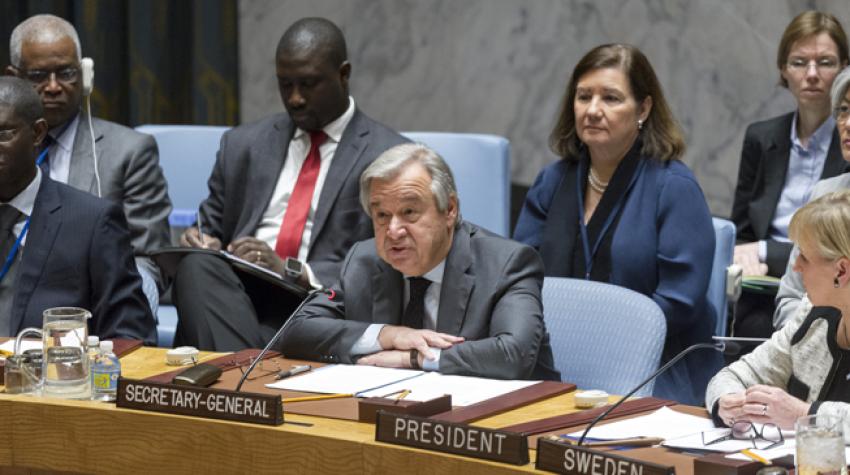
Meeting the Prevention Challenge
Preventing human suffering and ensuring progress on the Sustainable Development Goals (SDGs) are primarily the responsibility of Member States. But the United Nations has a vital supporting role. We need to become much better at it, building trust with Member States and all stakeholders. I see us doing this in four ways: a surge in preventive diplomacy; bold efforts to implement the Agenda 2030 and Sustaining Peace; strengthened partnerships; and comprehensive reforms to overcome fragmentation and consolidate our capacities to deliver.
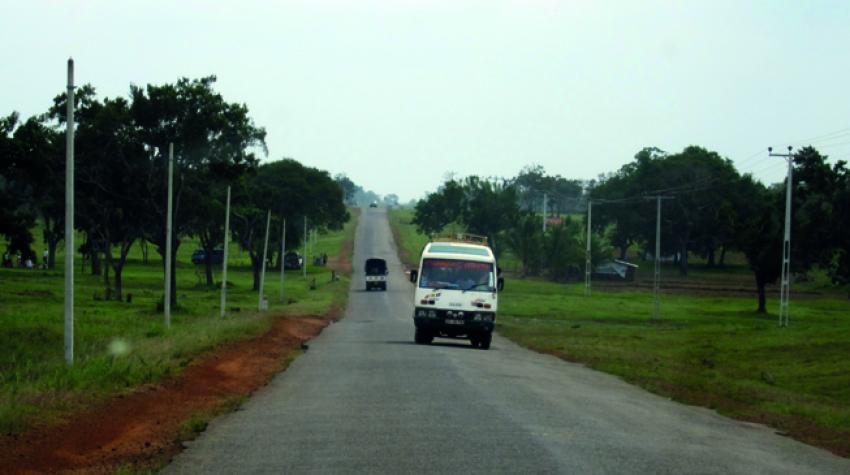
The Gates of Paradise are Open…but Who Benefits? Experiences from Post-War Sri Lanka
This article is written in response to the theme of eradicating poverty as a means of conflict prevention. By asking whether the eradication of poverty prevents conflict, we reflect upon its complexity and interdependence with other aspects of modern day life. To focus solely on poverty reduction as a means of conflict prevention is somewhat reductive.
Our Oceans, Our Lives
Sustainable Development Goal 14, Life Below Water, does not end with the oceans, but instead, starts with the oceans. By protecting our oceans, we are able to work towards living healthier more sustainable lives with fewer contaminants in our food, harnessing natural energy resources such as wind and tidal energy, and reducing the effects of climate change.
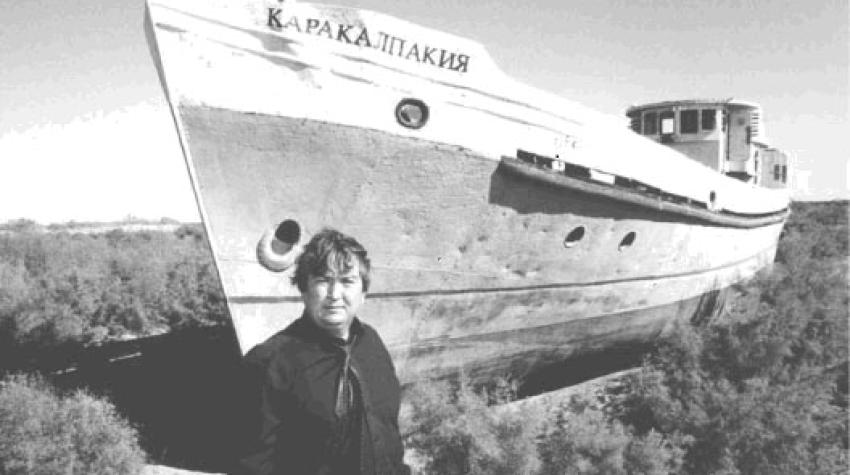
Dry Tears of the Aral
The Aral Sea is only the epicentre of the tragedy, as Central Asians commonly refer to this legacy of environmental misuse; the damage has also consumed thousands of surrounding square kilometers. Called the most staggering disaster of the twentieth century by the United Nations Development Programme (UNDP), the Aral Sea basin intersects all five Central Asian republics - Kazakhstan, Kyrgyzstan, Tajikistan, Turkmenistan and Uzbekistan - which lie in a 690,000-square-kilometer landlocked zone.

We Must Protect the Bounty and Beauty of the Sea
As the United Nations Goodwill Ambassador for Biodiversity, I have travelled the world speaking to people about the defining challenge of our generation: bringing the way we live into a sustainable interaction with our planet.

Climate Change Poses a Threat to Our Oceans
Oceans, however, happen to be borderless and are also unevenly distributed across the planet. We cannot protect our share of the ocean with walls; instead, we must cooperate in a spirit of solidarity if we are to succeed in preserving and protecting the water that we have at our joint disposal. We must work together with our closest neighbours and cooperate at a global level, between countries.
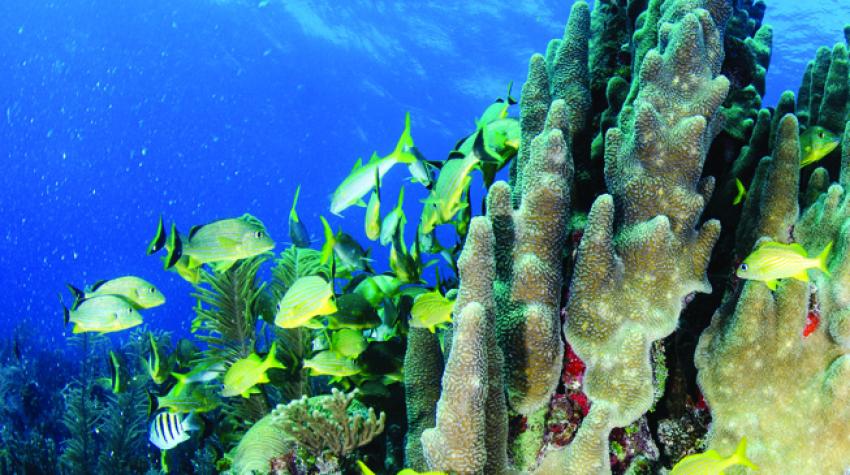
Can We Save Coral Reefs?
The collapse of coral reefs has far-reaching implications for the entire ocean, for people and, indeed, for the planet. Going forward, the focus must be on how to conserve what is left, ideally taking bold, decisive steps to reverse the unthinkable trajectory.
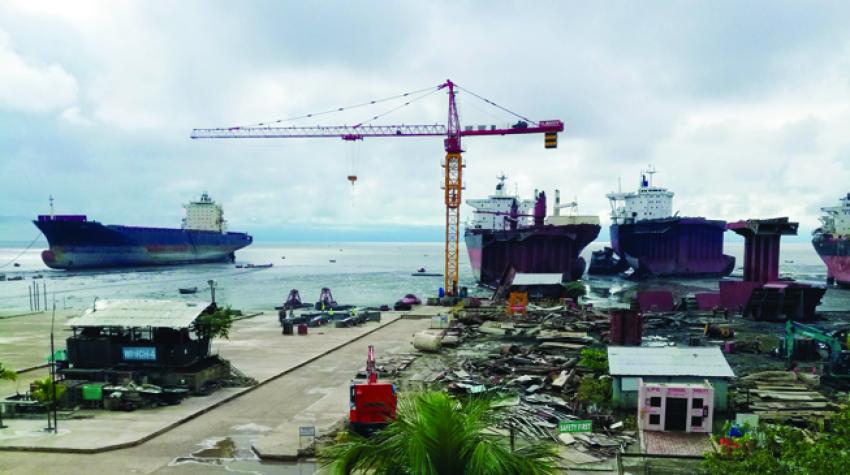
The Role of the International Maritime Organization in Preventing the Pollution of the World's Oceans from Ships and Shipping
Shipping is a key user of the oceans, delivering more than 80 per cent of world trade, taking ferry passengers to their destinations and carrying millions of tourists on cruises. Annually, more than 50,000 seagoing ships carry between them more than 10 billion tons of vital and desired cargoes, including commodities, fuel, raw materials and consumer goods.
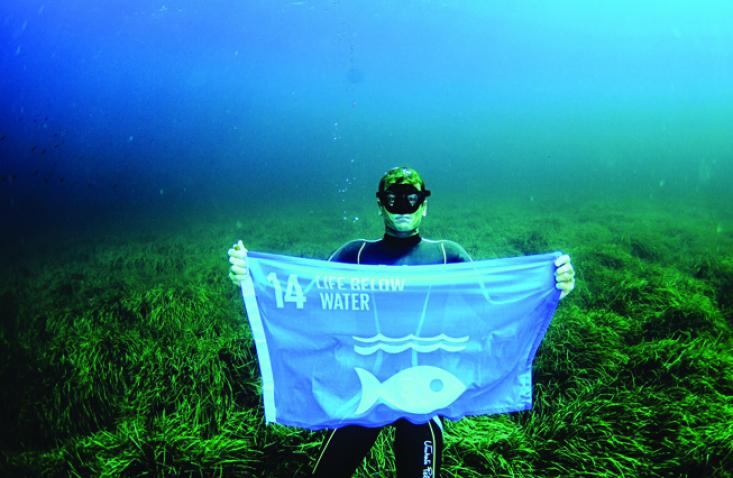
Foreword
This special double issue of the UN Chronicle, under the theme Our Ocean, Our World, explores many of the problems facing the marine ecosystem, with articles by 23 experts and eminent personalities actively engaged in finding solutions.
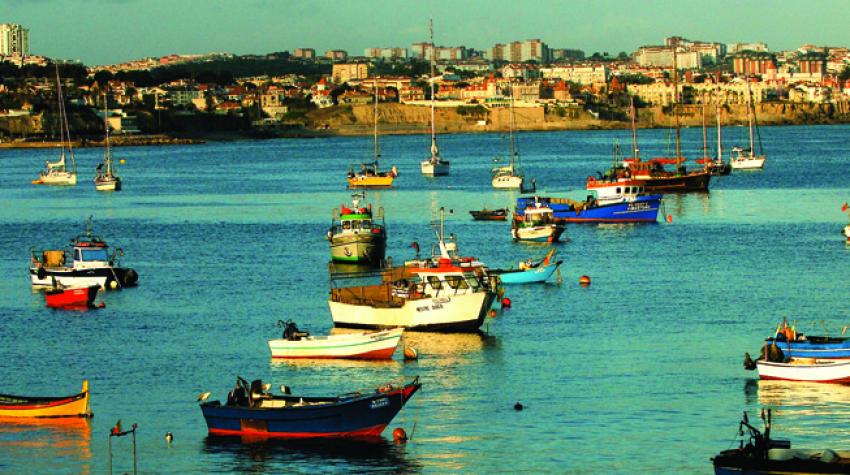
Portugal and the Ocean Economy
For historical, cultural and economic reasons, the ocean has shaped the lives of the Portuguese people and the ways in which we relate to others and belong to the international community. As a maritime country, the ocean is a fundamental and formative element of our identity.
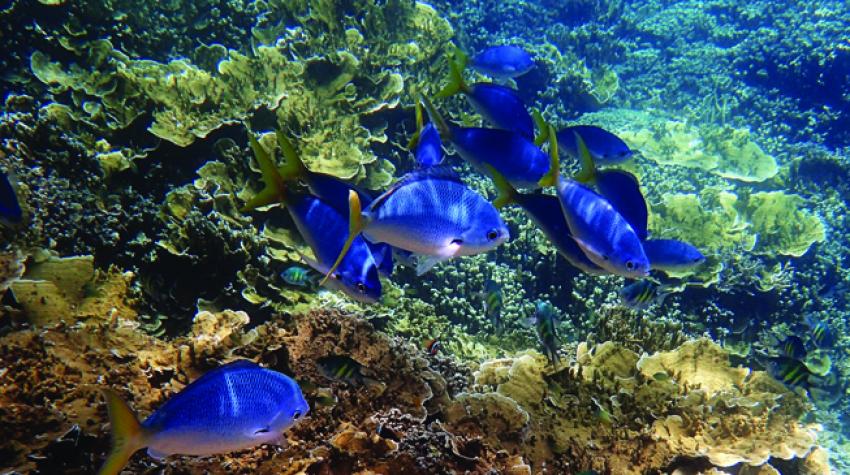
Protecting the Coral Sea-the Cradle to the Great Barrier Reef
Australia has a lot at stake as steward of the world's third-largest marine territory and some of the most diverse marine life on Earth. Our continent rises from the junction of three major oceans and contains tropical, temperate and subantarctic ecosystems, with much of our marine life found nowhere else.
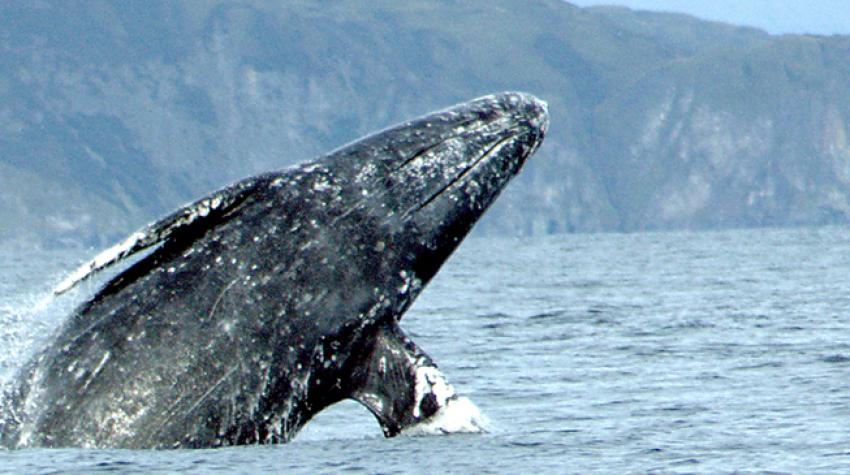
Save a Whale, Save a Planet
Today, our oceans are under immense pressure as their waters absorb much of the carbon dioxide and other greenhouse gases pumped into the air by human activity, resulting in a 30 per cent increase in acidity. The progress of the human race, particularly since the Industrial Revolution, has resulted in devastating impacts to our entire climate, and those impacts are particularly prevalent in our oceans.
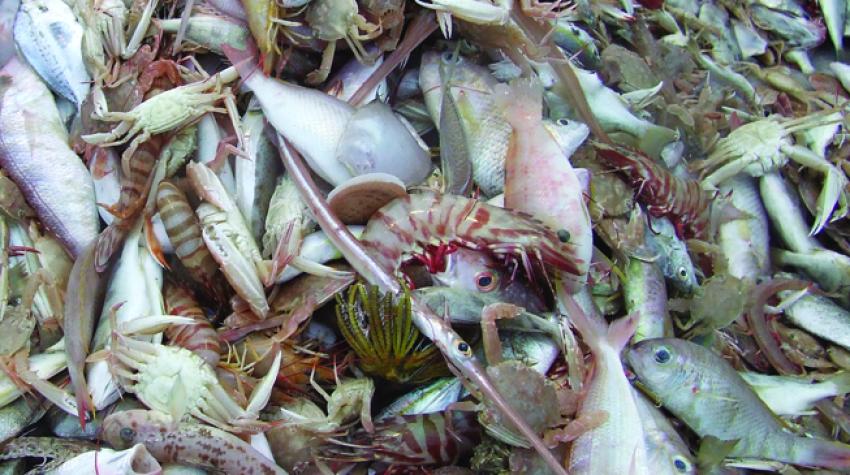
Making the Ocean a Partner in Our Quest for a Sustainable Future
Nowadays, about 120 million people depend on commercial fisheries for their livelihoods, and nearly 90 per cent of them work in small-scale fisheries in developing countries, especially in Africa and Asia. They are among the poorest communities in the world, and they risk being further marginalized if we fail to recognize the importance of small-scale fisheries.
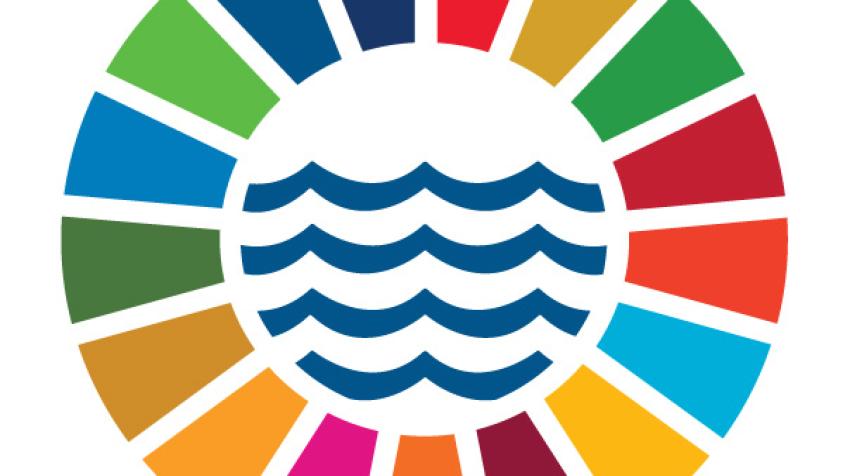
A Conference to #SaveOurOcean
Despite their critical role in sustaining life in this world, our oceans are increasingly threatened, degraded or destroyed by human activities, reducing their ability to provide crucial ecosystem services.

Tourism: Committed to Preserving Life below Water
Tourism could become one of the best tools to further the protection of oceans and seas globally, and the private sector could play a crucial role. Hotels could sponsor campaigns raising awareness about the fragility of the oceans and foster initiatives informing travellers about marine life and species such as dolphins, whales and coral reefs.
